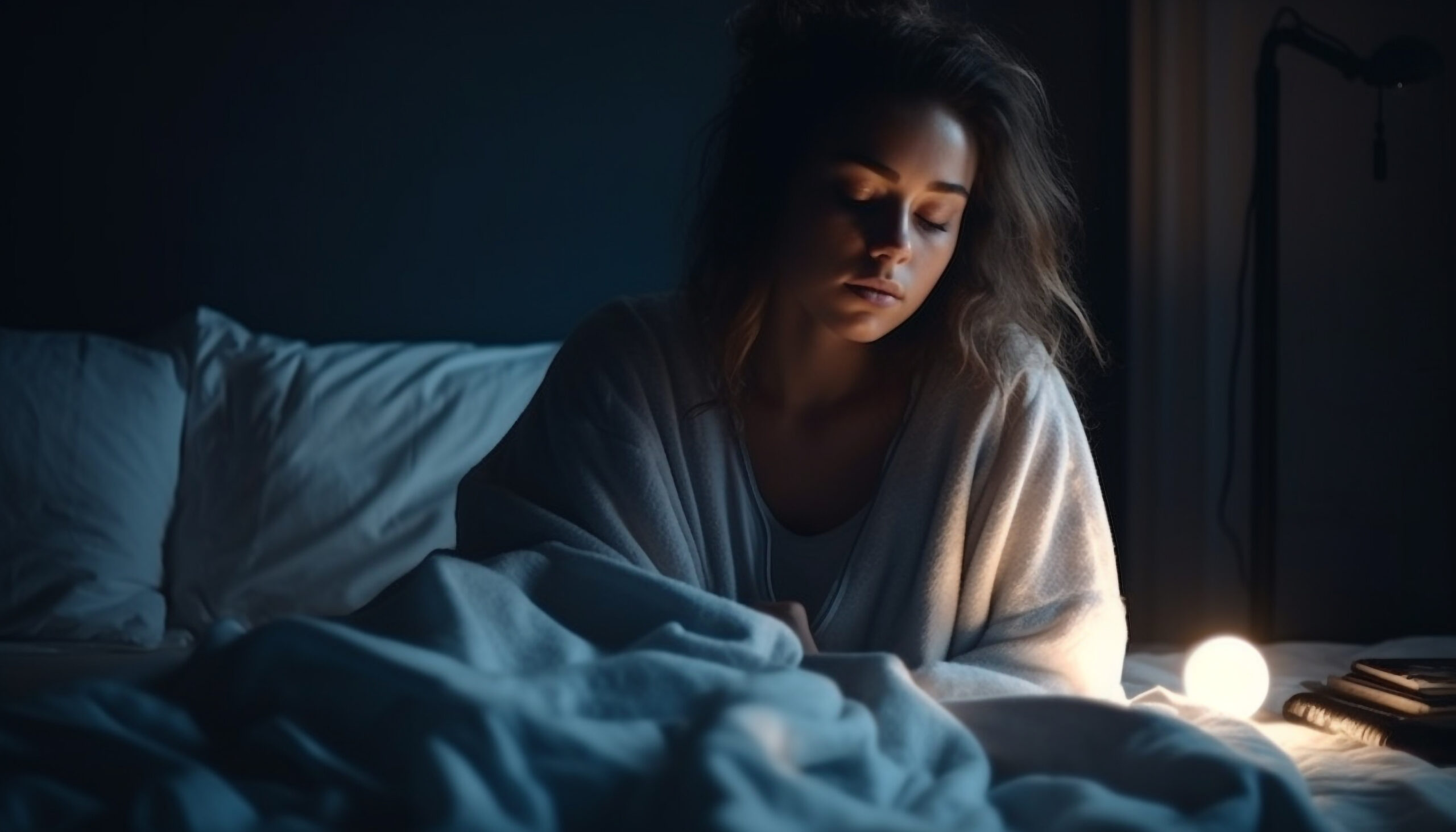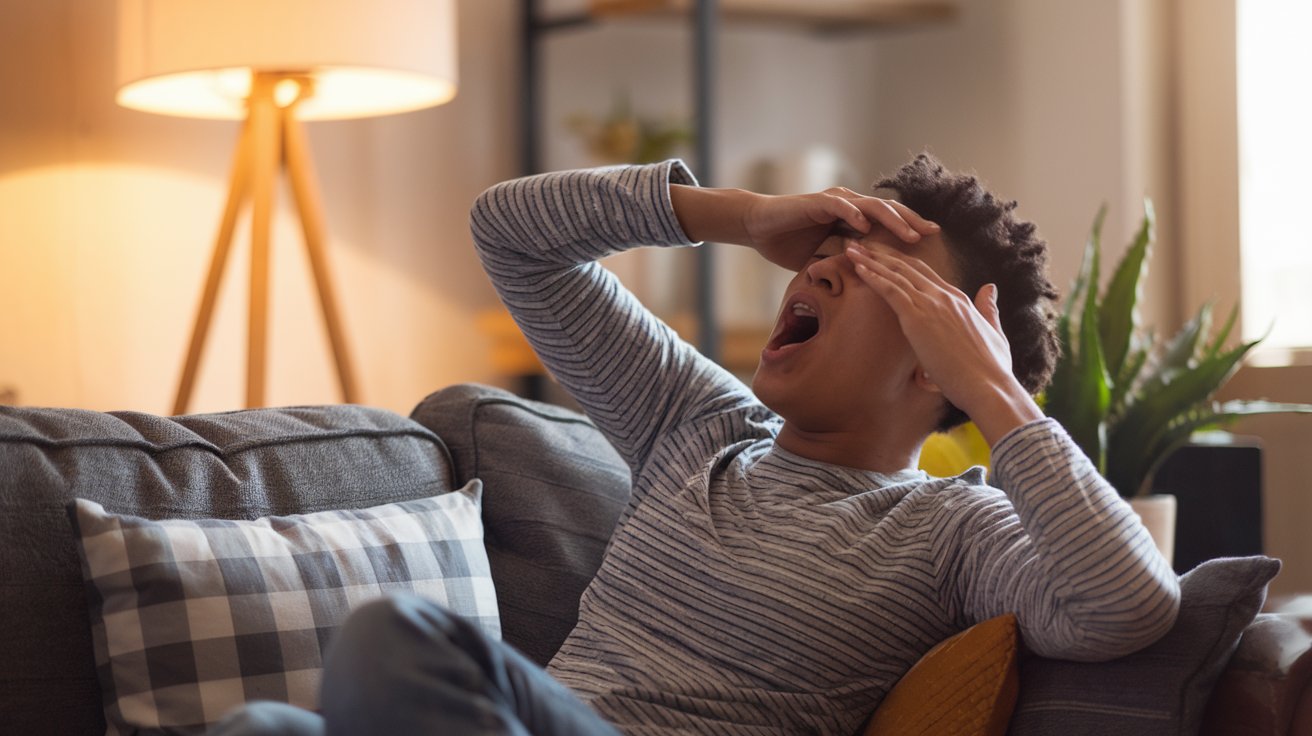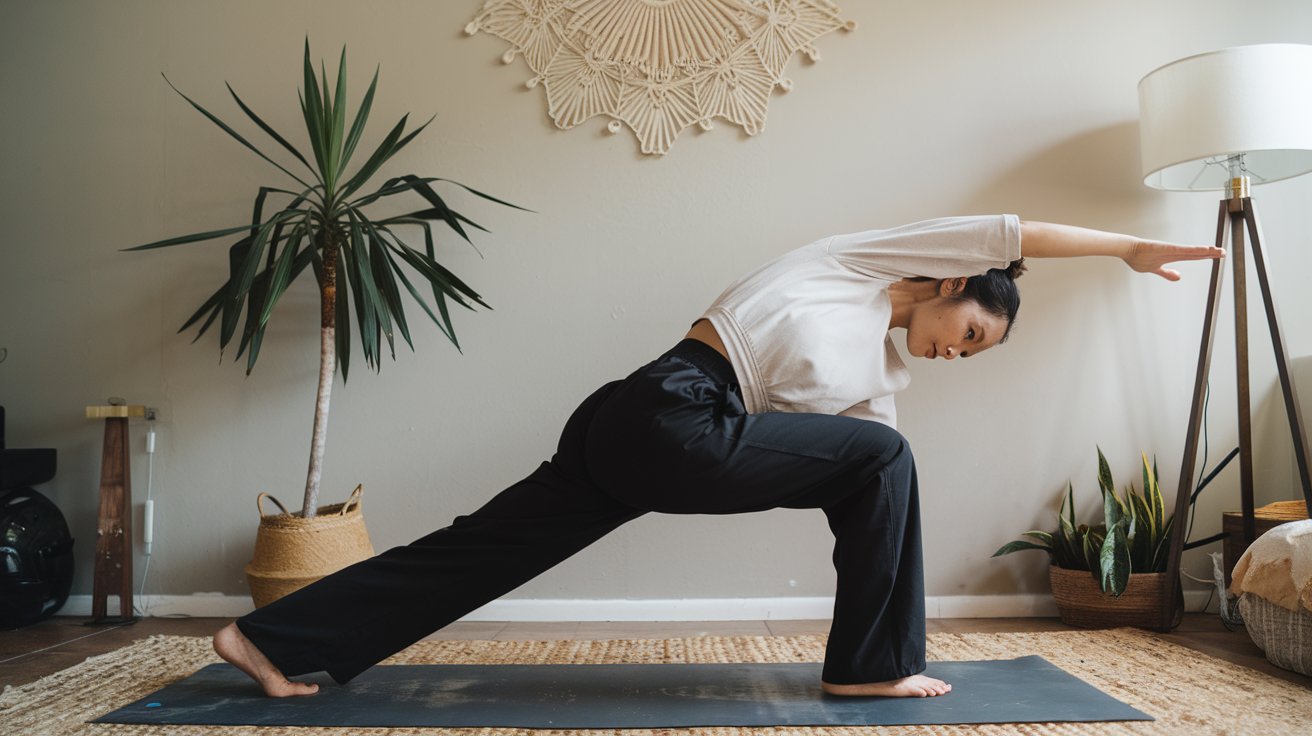Sleep Trends in 2024: Experts Weigh In on Popular Practices and Real Solutions

According to a 2024 survey by the American Academy of Sleep Medicine (AASM), 37% of Americans have experimented with at least one trending sleep practice this year. The survey highlights that Gen Z is particularly inclined to adopt these methods, with 55% of respondents from this group trying out new sleep trends. These findings underscore a growing curiosity about sleep improvement hacks, yet experts caution against relying solely on these practices.
Dr. Sara E. Benjamin, medical director of the Johns Hopkins Sleep Disorders Center, emphasizes the importance of relaxation and restoration. However, she warns that prolonged periods spent in bed for reasons other than sleep or sex could compromise sleep health. Dr. Anne Marie Morse, a sleep medicine physician and spokesperson for AASM, advocates for regular sleep schedules and recommends aiming for seven to nine hours of sleep each night. She advises against adhering to specific sleep cycles like 90-minute increments, suggesting instead that individuals focus on understanding their unique sleep needs.
The survey also reveals that nearly 9% of respondents have tried drinking magnesium as a sleep aid. One popular concoction, the “sleepy girl mocktail,” combines half a cup of pure tart cherry juice, a tablespoon of magnesium powder, and sparkling water. This trend has gained traction on social media but raises questions about efficacy and safety.
Dr. Jade Wu, a sleep medicine psychologist and Sleep Advisor at Mattress Firm, advises against spending extended time in bed, which can lead to problems such as muscle atrophy and increased obesity risk. Instead, she suggests engaging in activities like mindful meditation, yoga, or reading. Dr. Wu stresses that if good sleep were as simple as taking a supplement or staying in bed all day, the prevalence of sleep problems in the U.S. would be much lower.
“But if good sleep health were as simple as taking a supplement or staying in bed all day, we wouldn’t have so many millions of people with sleep problems in the U.S.” – Dr. Wu
Dr. Morse points out the complexity of sleep issues, noting that over 70 types of sleep disorders exist alongside numerous medical and psychiatric conditions that can impact sleep.
“The challenge here is that there are over 70 types of sleep disorders, plus innumerable medical and psychiatric disorders that can contribute to difficulties sleeping.” – Dr. Anne Marie Morse
To improve sleep quality, experts recommend establishing a consistent bedtime routine. This includes creating a quiet bedroom environment, maintaining a comfortable room temperature, and limiting exposure to bright light in the evenings. Additionally, waking up at the same time daily helps regulate the body’s internal clock, facilitating natural sleep-wake cycles.
Exposure to bright light during the day is also beneficial. Dr. Morse recommends physical activity outdoors to boost daytime light exposure, which can enhance nighttime sleep quality. While hitting the snooze button is often viewed unfavorably, recent studies indicate it does not significantly affect overall sleep quality or duration.
Prolonged inactivity from lying in bed poses risks beyond poor sleep quality. Issues such as muscle atrophy, decreased cardiovascular fitness, and increased obesity risk are real concerns, especially for those with existing medical risk factors.
Dr. Morse encourages individuals to explore online resources for community support and solutions but advises sharing these findings with healthcare providers for personalized advice.
“I try not to discourage people from feeling active and empowered through the use of online resources to find community, ideas for solutions, and better understanding of their lived experience.” – Dr. Anne Marie Morse
Featured Image by vecstock on Freepik





Leave a Reply